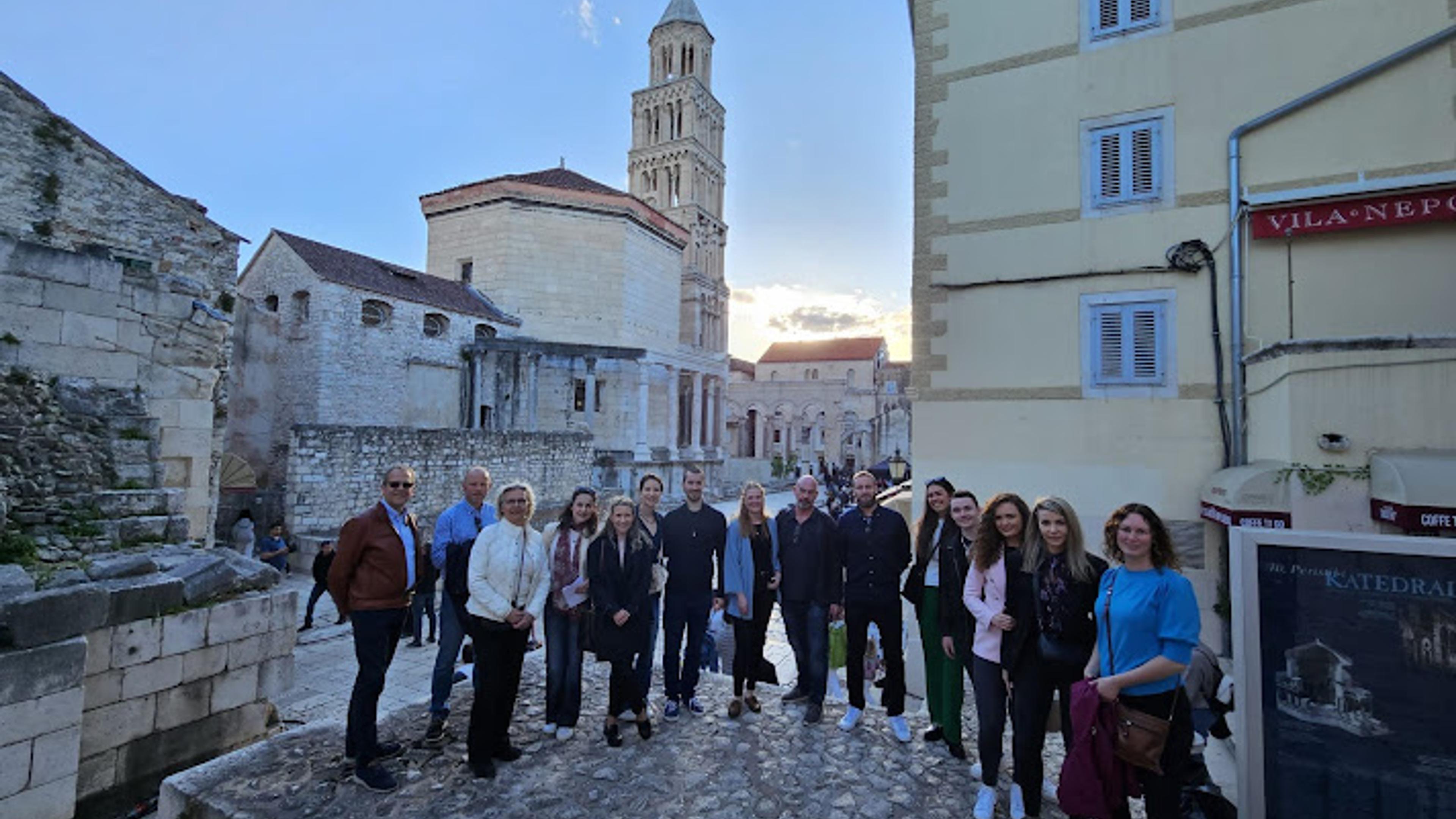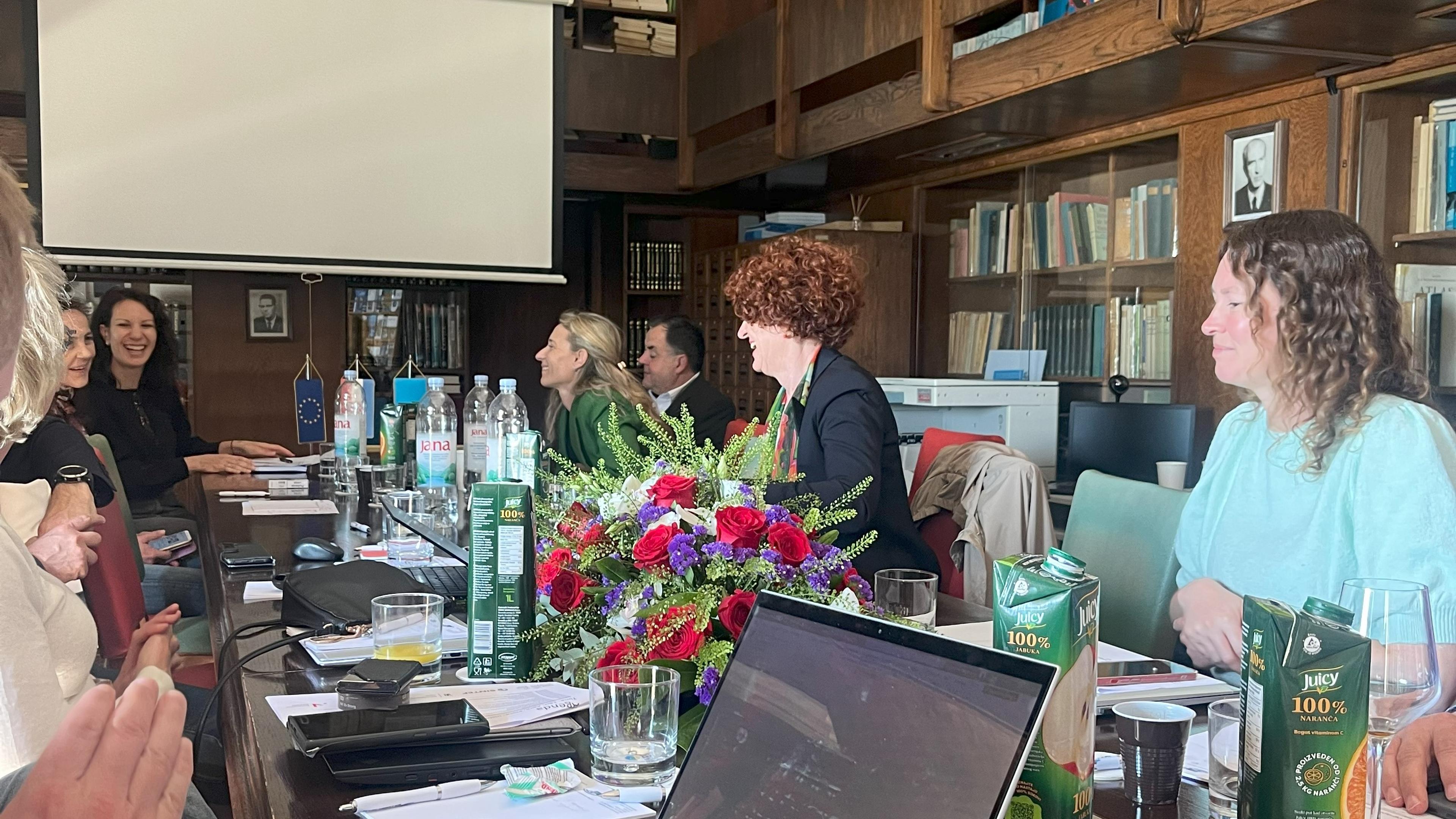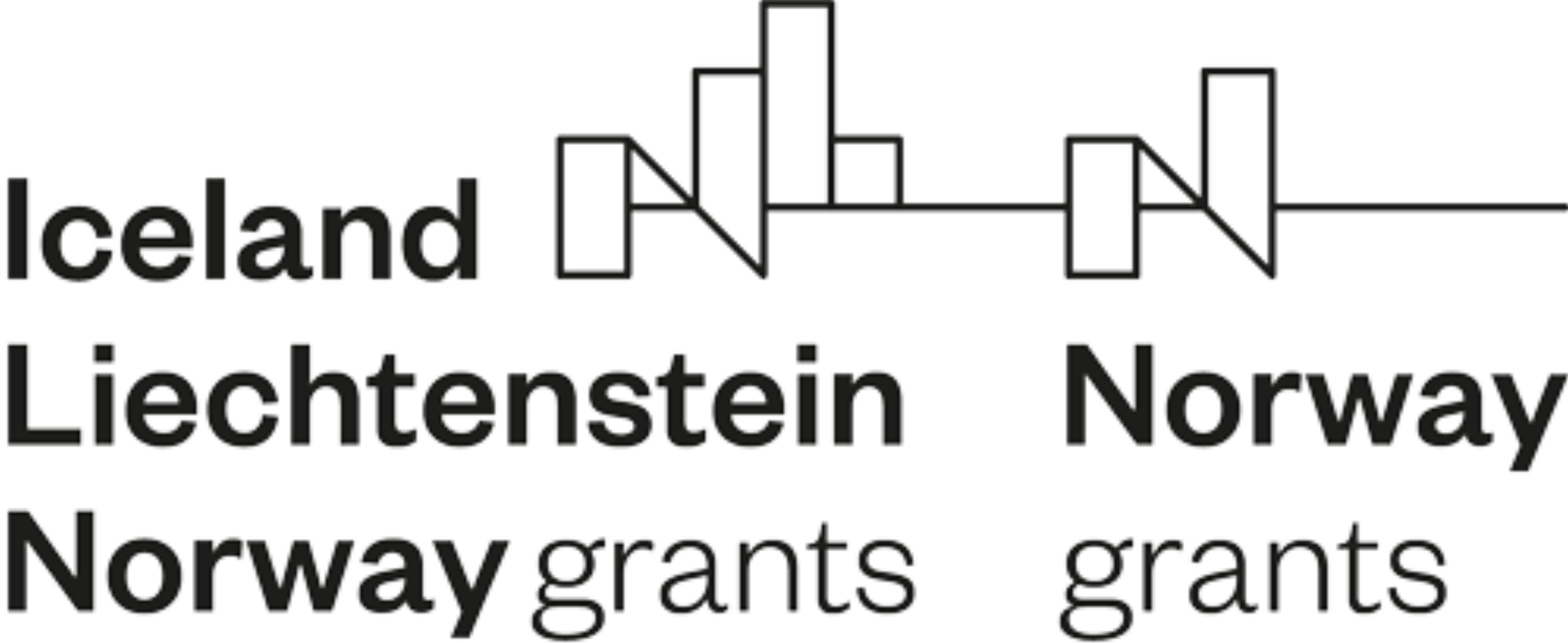Driving Innovation in Aquaculture
 © Innovation Norway
© Innovation NorwayGiven the increasing demand for fish feed and food, a pivotal focus of the workshop revolved around maximizing the utilization of oceanic resources in the coming years. Speakers delved into the imperative for sourcing more sustainable raw materials, highlighting innovative approaches such as utilizing polychaetes as fish meal replacers and incorporating copepods into feed formulations to enhance nutritional value.
Additionally, the event showcased technologies exemplifying the circular bioeconomy, particularly in harnessing sludge for biogas and biochar production, highlighting the role of innovation in promoting sustainability within aquaculture. Discussions underscored the importance of Adriatic aquaculture aligning with circular bioeconomy principles, with stakeholders prioritizing innovation and sustainability to develop feeds that adhere to circular concepts, thereby reducing its environmental impact.
 © Innovation Norway
© Innovation NorwayTanja ŠegvićBubić, one of the hosts, from Institute of Oceanography and Fisheries, expressed her satisfaction following the bilateral event:
"Such workshops that promote the exchange of experiences in the field of Circular Bioeconomy, particularly with countries like Norway, pioneers in Europe when it comes to the synergy of industry and science, as well as the development of sustainable aquaculture, are highly important for Croatia and provide excellent support for the development of the national industry[…] Since aquaculture holds significant economic importance for both Croatia and Norway, the workshop provided a framework for networking and establishing collaboration among participants from the industry and science sectors. It was certainly our pleasure to host the workshop, and we extend our thanks to all speakers and participants for their active participation, which facilitated the recognition of challenges in aquaculture, as well as research and innovation priorities."
Moreover, Gunvor Øie from SINTEF Ocean, conveyed her contentment with the workshop, emphasizing the importance of leveraging the ocean’s resources to address the increasing demand for fish feed and food. Furthermore, she underlines that both Norway and Croatia, with their long coastlines, are central to this perspective, hence, events like this contribute to promote collaboration.
Overall, the workshop marked a step towards sustainable development in aquaculture for both nations.By sharing experiences, exploring innovative solutions, and embracing the principles of sustainability, it willbe easier facing the challenges.
